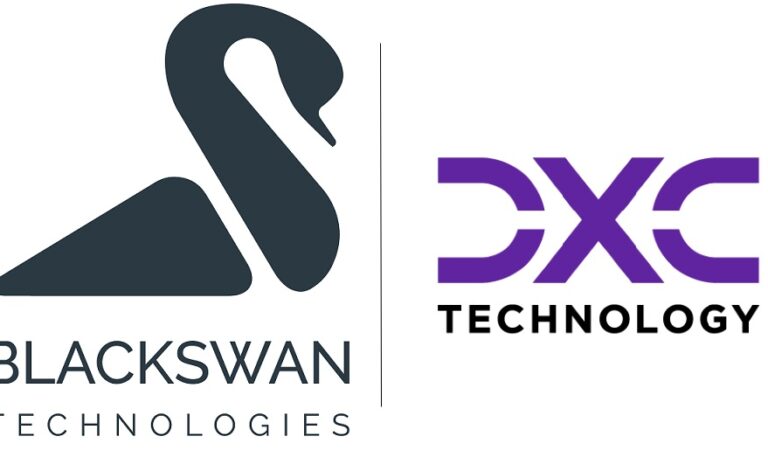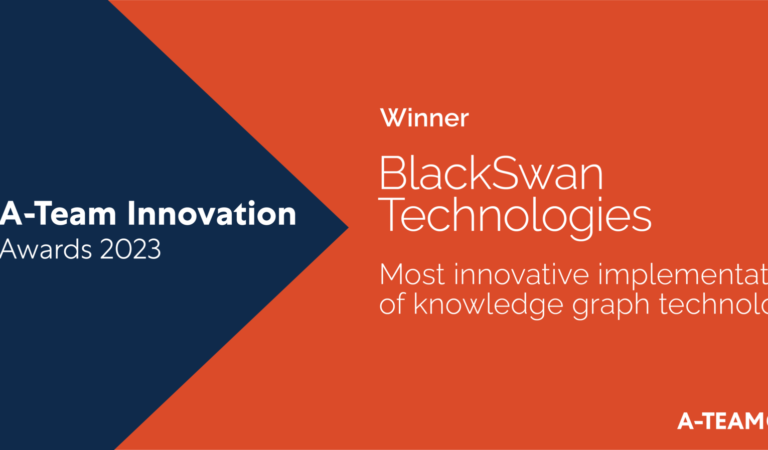
Jul. 28, 2022
What is Decision Intelligence and What Impact Can it Have on Your Business?
By Lior Perry and Sooraj Shah @BlackSwan Technologies
Many businesses think they’ve nailed down data-driven decision-making but Decision Intelligence can help them to achieve consistently better outcomes
When Gartner announced its top 12 strategic trends of 2022, a concept which had been gaining ground over the last few years was mentioned – Decision Intelligence. Gartner defined the concept as “a practical approach to improve organisational decision making”.
The general consensus among business and technology leaders when reading that, may well have been that this is something that they have been doing for years – using data to inform decisions.
But the big difference is that while enterprises may indeed have been using insights gleaned from data to make business decisions, they may not have been modelling each decision as a set of processes, and then using intelligence and analytics to inform, learn from, and refine decisions. And this is what Decision Intelligence is. Decision Intelligence goes beyond using data and AI to make decisions by focusing on the intelligence of the decision-making process and using that intelligence to fine tune how AI is applied based on the outcomes.
This means organisations have to rethink the role of data, analytics and AI in effective decision making. The question is: why?
Ineffective decision-making is costly
It’s well understood that there’s a significant correlation between decision effectiveness and financial performance – 95% according to Bain. Many business leaders believe that they are already successfully using data to determine decisions, so they may not see the justification for changing the decision-making process.
But ineffective decision-making is leading to the average Fortune 500 company squandering about 530,000 days of managers’ time each year, according to a survey by McKinsey – this is the equivalent of a staggering $250m in wages annually.
And with 65% of business executives stating that the decisions they make are more complex than just two years ago, according to a Gartner survey – and 53% saying they face more pressure to explain or justify their decisions, there is a growing need for organisations to better understand how and why the most important and impactful decisions are made.
That will help them to make breakthroughs with more difficult decisions, report back to senior management about how and why a particular decision was made, and crucially, enable them to understand what decision-making processes to use (or not to use) for particular situations, so that the next time they have to make a decision, the outcome of that decision will more likely be positive.
Such a decision-making process involves understanding what data is required, what data can be exploited, the decisions that should be left to humans, and the decisions that should be augmented or automated by machines.
Reframing and analysing decision-making
Gartner survey data says that fewer than 20% of organisations consistently track the outcomes of the decisions they make, and fewer than 20% use the right metrics to track the outcomes of the decisions. How can you know if your decision is good or bad without the right tools? It’s imperative that business leaders track the outcomes of the decisions made with the right metrics.
When the analyst firm asked how business executives judged good decisions – about half suggested it is defined by its outcome, while the other 50% said it was about understanding the best processes and inputs for decision-making at the time was used, even if the decision turned out badly. While outcomes are of course critical, there needs to be an emphasis on good decisions being those that are made with the right processes and right inputs; these are things that can be controlled, whereas the outcome itself cannot be guaranteed.
According to Gartner, effective decision making should be connected – not only hierarchically, but also in a networked sense, meaning sharing of data and insights across organisational silos is critical. The analyst firm says decision alternatives need to be evaluated in a context-sensitive manner, beyond the scope of an individual event or transaction.
The final area for business leaders to reframe is automation – not all human decisions should be automated. AI can help to augment some decisions, semi-automate others, and completely automate the rest. There are some decisions which are sensitive – for security or legal purposes – that should remain human-led, with analytics helping to provide the insights necessary.
How can you instil Decision Intelligence into your organisation?
Firstly, Decision Intelligence is already being used by a number of organisations – a recent IDC InfoBrief and Peerscape on Decision Intelligence found that a variety of businesses across different industries were already benefitting significantly with Decision Intelligence. For example, major FMCG (fast-moving consumer goods) companies have used Decision Intelligence to make responsive supply-chain decisions during the early months of the pandemic.
In the case of FMCG organisations, they needed to simultaneously optimise across production, supply chain and sales, where excess supply results in digital offers to targeted customers that are more likely to make a purchase during the pandemic. By sharing data across the different departments, involving multiple stakeholders and understanding the impact the pandemic is having on consumer habits, they were able to make the best decision on what would enable the most impactful outcome.
A field-proven Decision Intelligence platform
Globally renowned organisations are addressing decision-making challenges by using BlackSwan Technologies’ field-proven Decision Intelligence platform ELEMENT™.
ELEMENT™ weaves a Data Fabric across the organisation that points to all data sources, ensuring a single point of visibility across the enterprise’ data ecosystem, leading to faster, more informed – and more collaborative decision-making, which is crucial at a time of global uncertainty. The Data Fabric uses data virtualisation which enables data to reside at the source and across different business units, and to be consumed by anyone with the relevant permission across the enterprise.
ELEMENT then links this data with decisions and outcomes.
Our award-winning Knowledge Graphs present entities such as organisations, people, locations, and transactions; and all the relationships between them – including non-obvious and indirect relationships – in a conceptual map, creating a single source of truth. The Knowledge Graphs continuously scan internal and external repositories of data, open-source intelligence, and thousands of public sources such as industry news to reflect the most up to date state of intelligence, providing businesses with the context to make important decisions.
ELEMENT’s market-leading Composite AI technologies generate reliable and useful insights, which can determine a particular decision, and then verify and learn from the outcome of this decision; if the outcome of a particular decision does not go to plan, ELEMENT will be able to adapt its algorithms accordingly. This means a feedback process is constantly in play, evaluating a decision’s effectiveness and success, and allowing the system to refine the decision process.
Depending on the sensitivity of a decision, users can alter the amount of automation involved in the decision-making process, including the execution of a decision.
With intelligence-enabled decision making, firms are able to avoid regulator fines, ensure business continuity, increase market share and much more.
Lior Perry is Chief Engagements Officer at BlackSwan Technologies. He has over 25 years’ experience as an executive leader of innovation, development and delivery of products for Global 2000 enterprises across a wide range of industries. He has in-depth knowledge of intelligence, big data analytics, SaaS\PaaS, finance, communications, and eCommerce markets.
Sooraj Shah is Content Director at BlackSwan Technologies. He has more than a decade’s experience in writing business technology content for global publishers and technology vendors, specialising in Digital Transformation and CIO priorities.
Schedule a briefing, request a demo and plan a proof of concept by emailing us here.
Find out more about ELEMENT™
Follow BlackSwan on Twitter and LinkedIn


